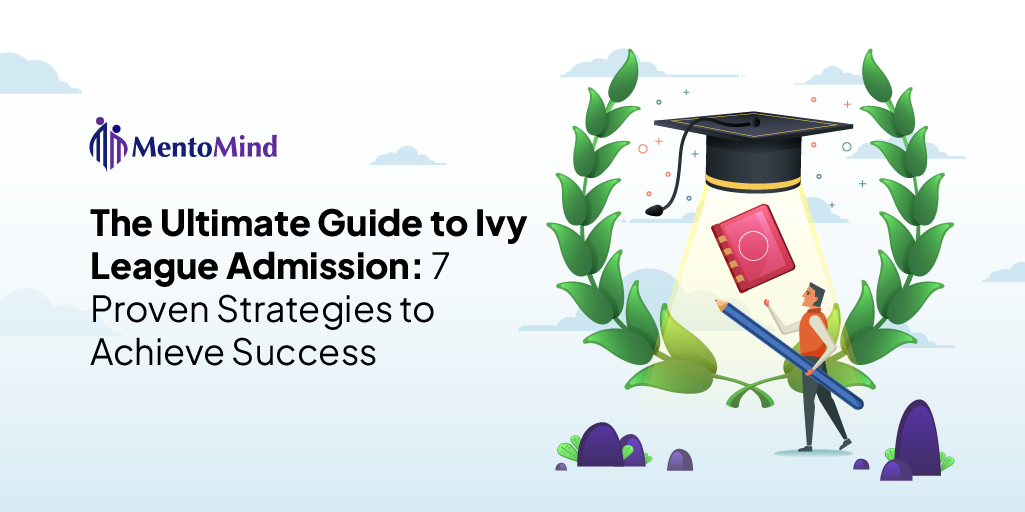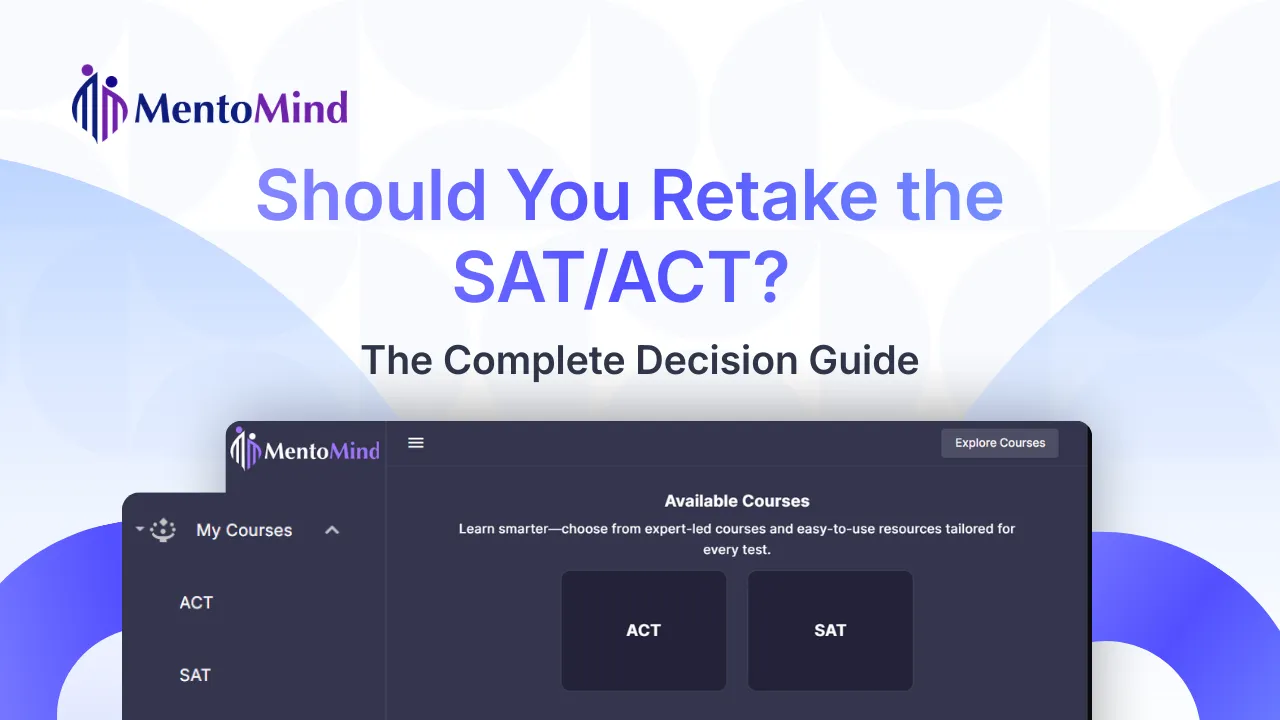Ivy League admissions are among the most competitive in the world, with acceptance rates in the single digits. Each year, thousands of students strive for a place at these elite universities, but only a select few make it. If you’re aiming for Ivy League acceptance, it’s essential to have a strategic approach.
The competition is fierce and can seem overwhelming. Having the right approach and preparation will help you navigate the admissions process successfully.
1. Start Early and Plan Ahead
Getting into an Ivy League school is not something that can be achieved overnight. It requires years of careful planning, dedication, and time. Ideally, you should begin preparing well before your senior year of high school.
- Academic Excellence: Ivy League schools expect high academic performance. Focus on maintaining a strong GPA throughout high school. Take rigorous courses including Advanced Placement (AP) and honors classes to challenge yourself.
- Standardized Tests: While some Ivy League schools have adopted test-optional policies, standardized test scores can still be a deciding factor. Start preparing early with practice tests and aim for scores in the top percentiles.
- Extracurricular Activities: Ivy League institutions look for well-rounded students who demonstrate excellence both inside and outside of the classroom. Participation in activities including sports, music, community service, and leadership roles that exhibit your talents, passions, and commitment can help distinguish your application from others.
Research Average Test Scores: Browse through and analyze class profiles on university websites to identify the average SAT/ACT scores expected by Ivy League institutions. SAT scores often range from 1460 to 1580 and ACT scores from 32 to 35 for most admitted students.
2. Ace Your Application Essay
One of the most critical components of your Ivy League application is the personal statement or essay. This is your opportunity to tell the admissions committee who you are beyond grades and test scores.
- Be Authentic: Admissions officers want to understand who you are as a person, not just as a student. Make sure that your essay reflects your values, experiences, and passions. And, most importantly, avoid writing what you think the admissions committee wants to hear.
- Show, Do not Just Tell: Rather than simply telling the qualities you want to highlight, include personal anecdotes. For example, instead of saying that you are a strong leader, describe a specific instance of you leading a project or organization.
- Make It Personal: Reflect on how your experiences have shaped your aspirations. Ivy League schools want students who will positively contribute to their campus, so make sure to include how you plan to be involved with the academic and social environment at that institution.
3. Get Stellar Letters of Recommendation
Letters of recommendation offer valuable insight from people who have experience with you. Ivy League schools usually require at least two letters from teachers, counselors, or mentors who can speak to your academic accomplishments and personal qualities.
- Choose the Right Recommenders: Pick teachers who know you well and can speak to your strengths and growth over time. Ideally, these should be teachers from core academic subjects like math, science, English, or history that align with your educational goals.
- Give Your Recommenders a Hint: Provide them with details about your achievements, goals, and why you are applying to Ivy League schools. This will help them write a more personalized and detailed recommendation.
4. Showcase Your Unique Qualities
While Ivy League schools admit students who are academically gifted, they are also looking for students who offer something distinguishing. This may be a talent or a passion that will set you apart from other applicants.
- Be Enthusiastic: Whether it is a specific academic interest, a hobby, or a cause, show your dedication. Ivy League schools appreciate students who have a deep commitment to their interests and who will continue to grow and contribute to their respective fields.
- Be Diverse in Your Interests: While it is important to excel in one or two areas, it is also beneficial to show that you are a well-rounded individual. This can include participation in various clubs, volunteer opportunities, or internships to show your multifaceted appeal.
- Research Experience: Engaging in research projects or academic publications can significantly strengthen your profile. It reflects initiative and deeper subject interest.
5. Prepare for the Interview
Not all Ivy League schools require interviews, but those that do often use this opportunity to get to know you better. If the university offers an interview, consider it a chance to make a personal impression on the admissions committee.
- Practice: Be prepared to talk about your academic interests, extracurricular activities, and why you want to attend an Ivy League school. Research the school’s culture, programs, and values to tailor your responses accordingly.
- Be Confident but Humble: Highlight your achievements, but also show humility and a willingness to learn. While Ivy League schools appreciate students who are talented, they also appreciate being curious and open-minded.
6. Research and Apply to the Right Schools
Each school offers different experiences with their own unique culture. Take the time to research each school and make sure your application aligns with the values and programs of that institution.
Fit is Key: Ivy League schools are not just looking for the “best” students; they want students who will thrive there. Make sure your application reflects why you are the best fit for the school you are applying to.
Apply Early: Many Ivy League schools offer early decision or early action options. Applying early can demonstrate commitment and may slightly boost your chances.
7. Do not Rely on Ivy League Schools Alone
While getting into an Ivy League school is an impressive goal, it is important to remember that there are many excellent universities and colleges. Apply to a mix of schools—reach schools (like the Ivies), target schools (which match your academic goals), and safety schools (just in case).
8. Ivy League Financial Aid and Support
Despite high sticker prices (often $80,000+ per year), most Ivy League schools are need-blind and offer generous financial aid. Some schools, like Princeton and Yale, cover full tuition and living expenses for students from low-income backgrounds. Be sure to fill out the necessary financial aid forms and explore grants and scholarships offered by each institution.
Getting into an Ivy League school may be challenging, but with careful planning and commitment, it is possible. Start early, focus on academic excellence, pursue meaningful extracurriculars, craft a compelling application, and highlight your unique qualities. Remember, Ivy League schools are looking for students who are not only academically talented but who will contribute to their campuses in diverse and meaningful ways.
Keep in mind that the right college for you may not be an Ivy League one—it is the one that will help you grow, learn, and achieve.



